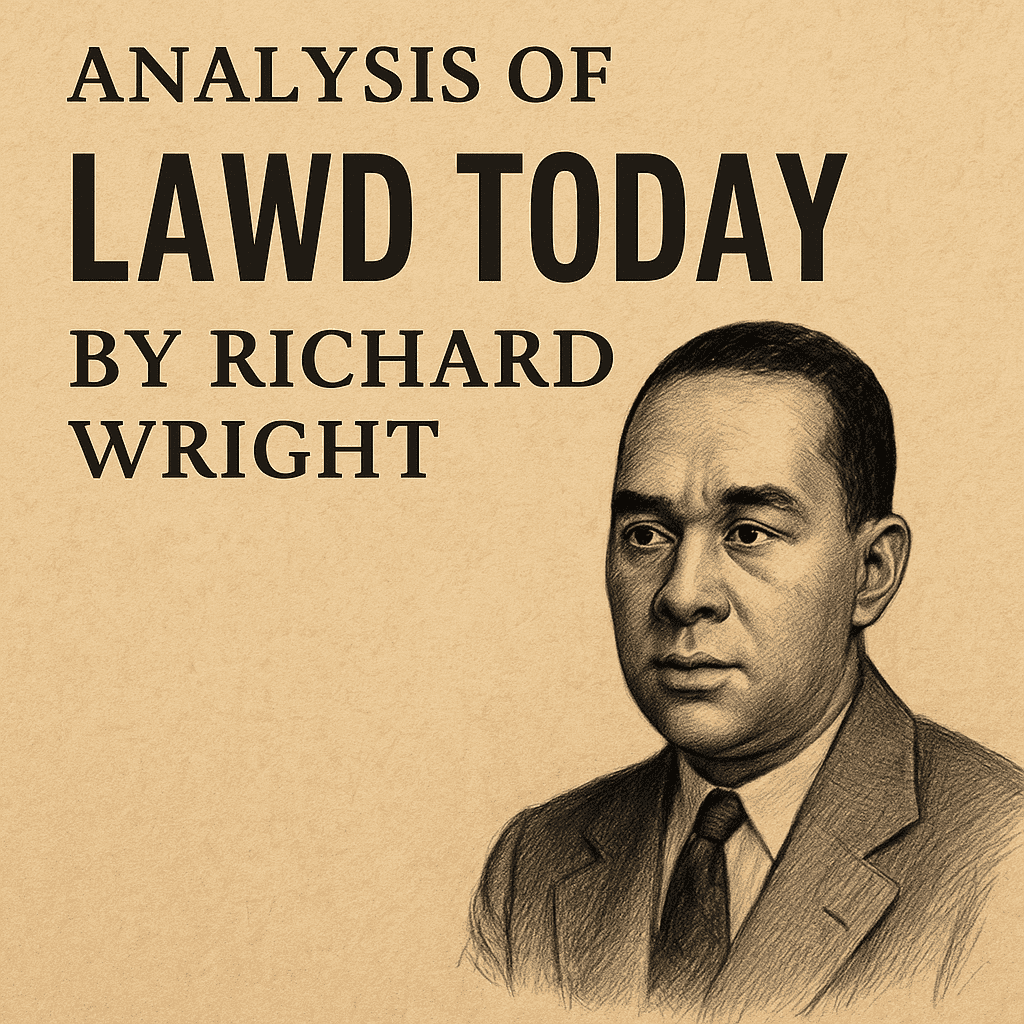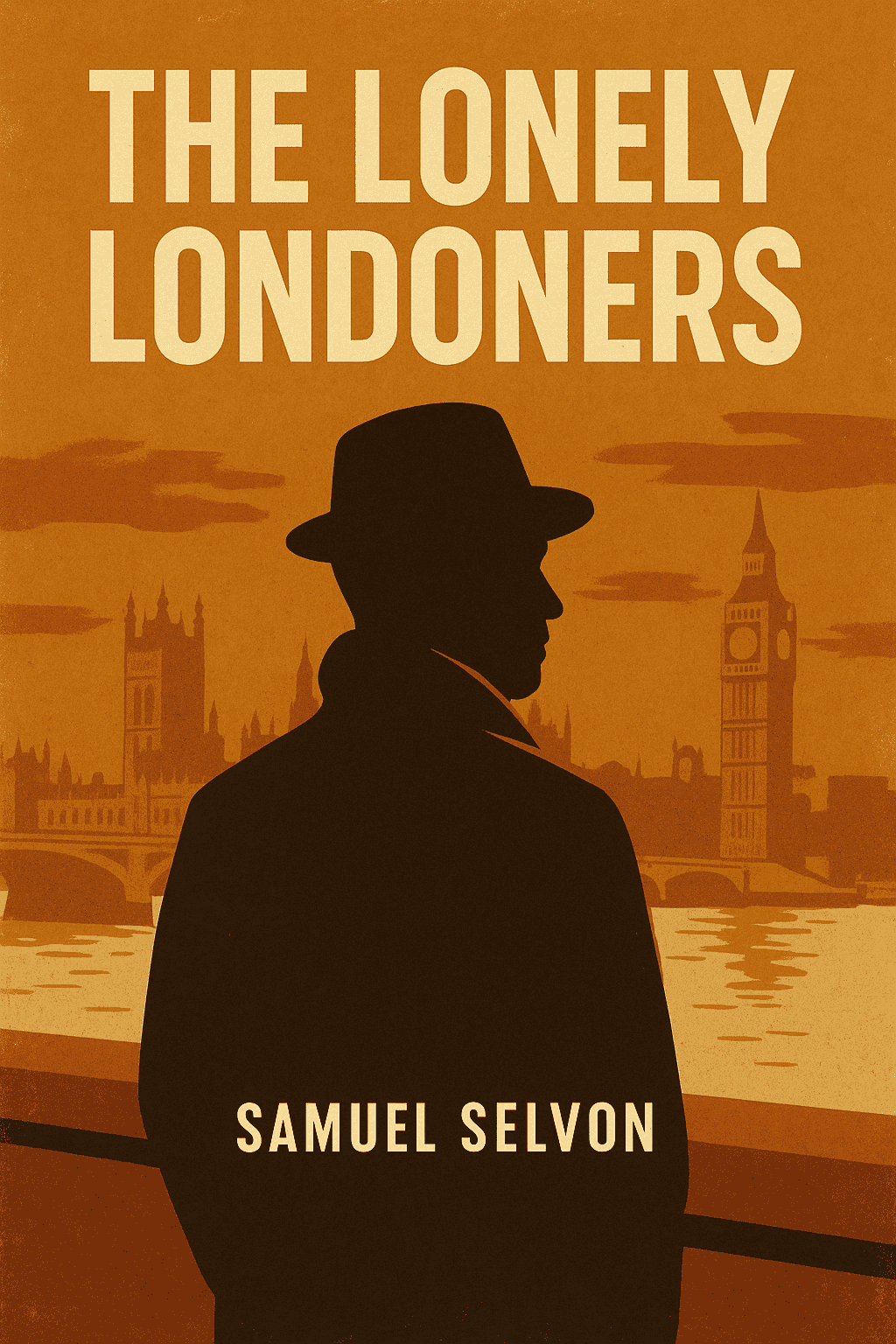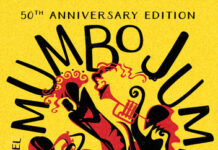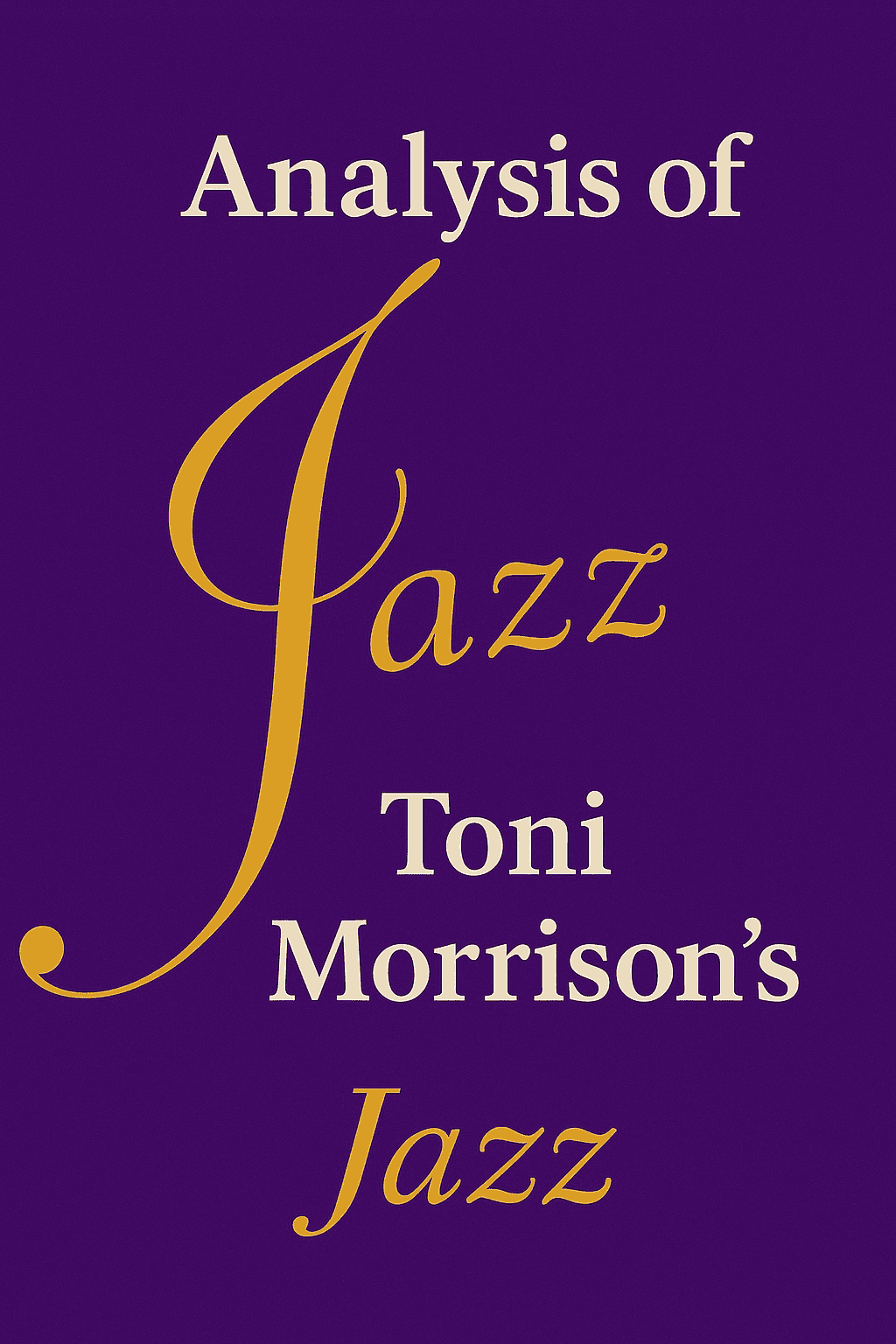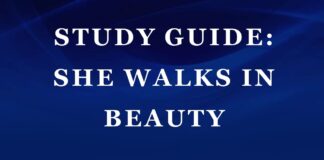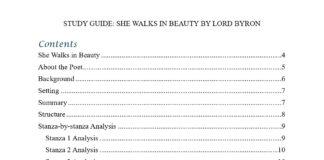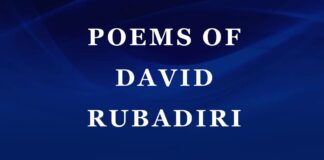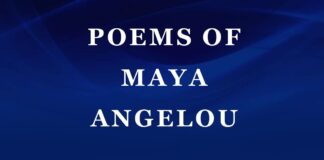Quality UTME Lessons for Art Students
Individual and group classes • Student-friendly rates
📞 Contact Ayomiposi on WhatsApp now
The Outsider is a novel written by Richard Wright (1908–1960). It is a work of naturalism, first published in 1953, and set in Chicago, Illinois, and New York City, with the events taking place around 1951. The novel has sparked significant critical and scholarly interest, focusing on four main areas: its treatment of American racism, its existentialist themes, its artistry, and its connection to Wright’s personal life.
Some reviewers have expressed disappointment that Wright, after moving to Paris, seemed to become disconnected from African American life and abandoned his role as a critic of racism. In the novel, the protagonist does not define himself by race, which suggests that Wright views his character’s condition as representative of all modern humanity. According to Wright, racism is only one symptom of a broader issue: the modern human struggle for meaning in a world where traditional, transcendent values have collapsed. However, by treating racism as merely a symptom, some argue that Wright limited his impact as a voice for freedom and justice and became absorbed in European philosophical ideas.
Wright has also been criticised for his approach to existentialism. Some scholars believe that while the novel appears to have an existentialist outlook, it actually contradicts that philosophy. On the other hand, others argue that Wright was not endorsing existentialism but rather portraying its failures—an idea he debated with other thinkers in Paris, such as Jean-Paul Sartre. Wright had shown an early interest in existentialist characters with Bigger Thomas in Native Son, but by the time he wrote The Outsider, his thoughts were evolving beyond both existentialism and Marxism. He had started focusing more on the emerging African nations, which he saw as offering hope for a renewed and humane vision of life. His personal experience with American racism helped him both appreciate and critique existentialist thought.
Regardless of its philosophical position, The Outsider has been appreciated by critics for its social, psychological, and philosophical depth, and for the complexity of its protagonist. Still, there is general agreement that the novel’s heavy emphasis on ideas weakened Wright’s artistic control and effectiveness. It became more a “novel of ideas” than a fully realised artistic work, which affected how some readers and critics received it.
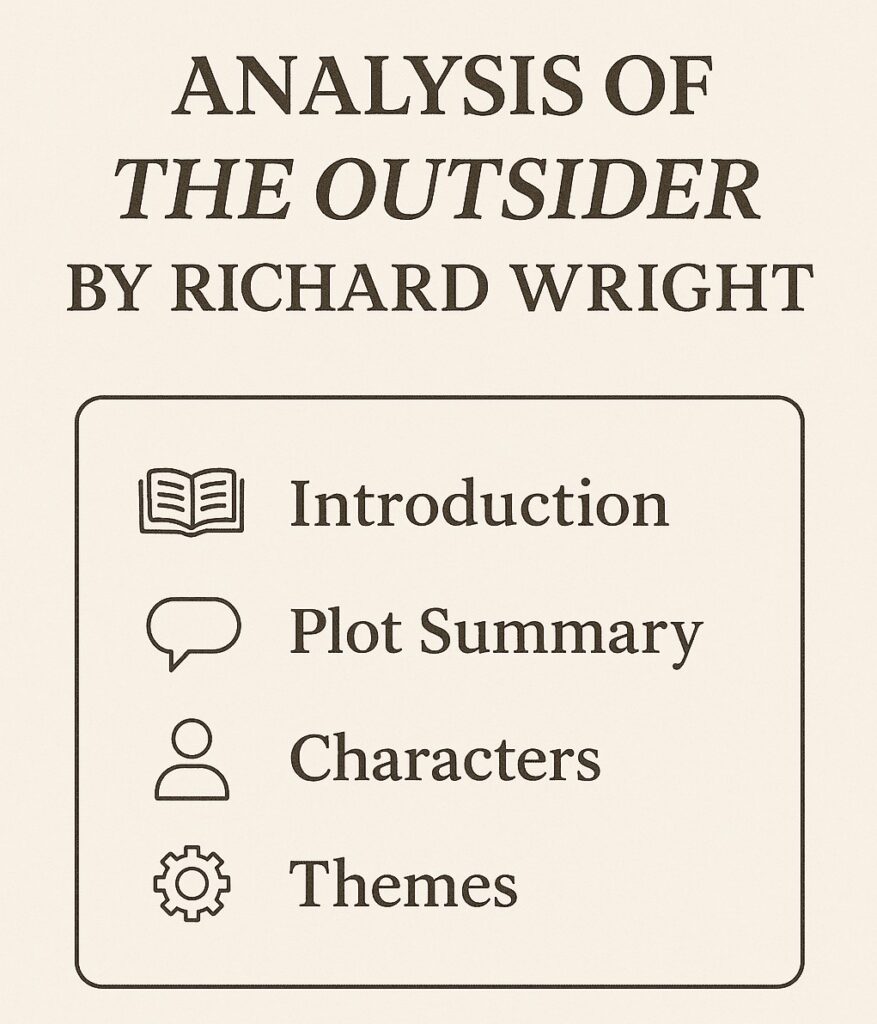
Plot Summary of The Outsider
The Outsider by Richard Wright follows the troubled life of Cross Damon, a man struggling to find meaning and happiness. The story is divided into five parts: “Dread,” “Dream,” “Descent,” “Despair,” and “Decision.” Each part shows Cross moving deeper into confusion, violence, and hopelessness.
At the start of the story, Cross is overwhelmed by the problems in his life. He dreads everything—his teenage girlfriend is pregnant, his wife is abusive, and his religious mother constantly judges him.
One day, he is caught in a subway accident. Everyone believes he has died, but he survives.
When he finds out that someone else’s body has been mistaken for his, he decides to escape his painful life and start over under a new identity.
But when a friend recognises him, Cross kills the man to protect his secret.
With his old identity gone, Cross begins to live a new life. However, he struggles with guilt and confusion.
On a train, he meets two people who will change his life—Bob Hunter, who draws him into the Communist Party, and Ely Houston, a lawyer who sees Cross as someone different from others, someone who doesn’t follow normal moral rules. Though Cross wants to build a new personality, he is still shaped by his old thoughts and fears.
In New York, Cross gets involved with Party members who claim to be fair and logical, but are actually controlling and dishonest. He lives with Gil and Eva Blount to help the Party fight their racist landlord, Herndon.
Cross begins to believe that ideas and philosophy can give his life meaning. He sees himself as a powerful thinker, able to outsmart everyone.
But the more he relies on his ideas, the more he excuses his bad actions. He becomes trapped in his own fears and begins to see others as enemies who must be removed.
This leads to his downfall. Cross convinces himself that people who threaten his beliefs should be eliminated. He murders Gil Blount and Herndon, thinking it will protect his freedom and identity. But instead of feeling free, Cross becomes more lost.
He starts a relationship with Eva, who believes he is a good and innocent man. Cross lets her believe this lie, even though he knows she would be devastated if she knew the truth.
Ely Houston still sees some good in Cross and wants to believe he is not a cold-blooded killer. But Cross feels the need to prove that he is beyond good and evil. He argues that humans can be anything they want and that life has no fixed meaning.
When another Party member, Hilton, tries to control him, Cross kills him too. Hilton had said life is meaningless and people should live however they want. Cross disagrees, claiming that suffering shows life does have meaning.
He even considers killing Eva to spare her future pain, but his love for her stops him. This love gives him a small sense of hope.
In the final part of the novel, Houston confronts Cross with evidence of the murders. Cross stays silent. Houston lets him go, and Cross returns home. There, he decides to tell Eva the truth, hoping she will understand. But when she hears it, she is heartbroken and jumps from a window to her death.
Soon after, Cross is shot by Party members. On his deathbed, he tells Houston that his life has been filled with pain. He thought he was innocent because he lived by his own rules, but in the end, he realised that people must stay connected to their shared humanity.
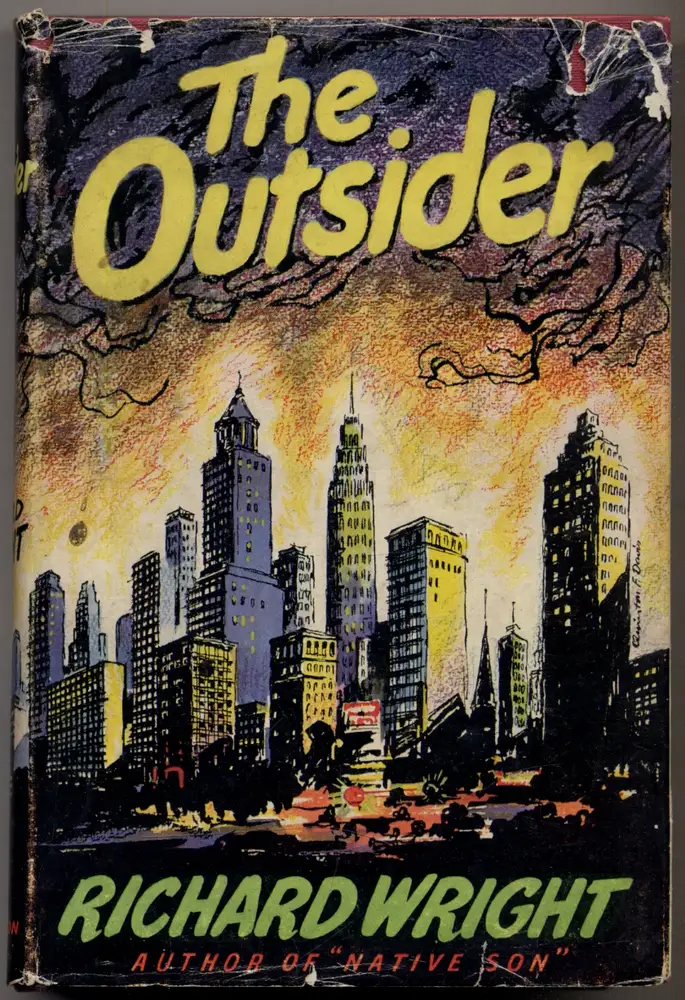
Characters in The Outsider
Some of the characters in The Outsider by Richard Wright are Cross Damon, Bob Hunter, Ely Houston, and Eva Blount.
Cross Damon
Cross Damon is a twenty-six-year-old black intellectual living in America. He is the protagonist of the novel.
Cross Damon is a deeply complex character who represents the struggle of modern man to find meaning in a world that seems morally empty. He is highly intelligent and full of philosophical ideas.
After surviving a subway accident and being mistaken for dead, he sees a chance to start over and create a new life.
However, instead of freedom, he ends up committing murders and getting entangled in lies and manipulation.
Cross is torn between his desire for personal freedom and the reality that complete freedom without responsibility leads to destruction.
He starts off searching for truth and identity but ends up repeating the violence and selfishness he hoped to escape.
His name, Cross Damon, suggests that he is burdened (like carrying a cross) and also “damned” in a spiritual or moral sense. He wants to be godlike but ends up behaving like a demon—hence, the “outsider” of society and humanity.
In the end, Cross learns too late that human beings need community and shared values to live meaningful lives.
Bob Hunter
Bob Hunter is a pullman-car waiter and Communist Party member. Bob is the first person Cross meets after assuming his new identity.
He introduces Cross to the Communist Party and becomes part of the new world that Cross tries to fit into.
Bob represents the ordinary worker who believes in collective action but, like others in the Party, becomes part of a system that also seeks to control others.
He is more of a follower than a thinker, and his role is to show how the Party lures people in with promises of justice but hides its own power ambitions.
Ely Houston
Ely Houston is a hunchbacked New York City District Attorney. He is one of the most thoughtful characters in the novel.
Though he works within the legal system, he does not fully believe in it. He is what the book calls an “ethical criminal”—someone who knows the system is flawed but tries to do the right thing from within.
Houston sees a part of himself in Cross, as both of them are outsiders. However, unlike Cross, Houston believes people must live within a community to live meaningful lives.
He challenges Cross intellectually and morally, especially toward the end of the story when Cross is forced to face the truth about himself.
Gil Blount
Gil Blount is a Communist Party Central Committee member. He is a powerful figure in the Party. He is manipulative and uses people for the Party’s goals.
To Cross, Gil first appears as a symbol of structure and meaning, but he eventually becomes a target because Cross sees him as one more person trying to control his life.
Cross murders Gil as an act of rebellion and self-assertion, but this only deepens his sense of emptiness and guilt.
Eva Blount
Eva Blount is a painter. She is the wife of Gil Blount.
Eva is a symbol of emotional and artistic sensitivity in the novel. She is young and idealistic but lives under the control of her husband and the Party.
She falls in love with Cross, believing him to be an innocent victim. For a moment, her love gives Cross a sense of hope and meaning.
However, when she discovers the truth about Cross’s crimes, she is emotionally crushed and ultimately takes her own life.
Eva represents the human need for truth, trust, and genuine connection—things that Cross could not provide.
Jack Hilton
Jack Hilton is a ruthless and ambitious Communist. Hilton is one of the most dangerous characters in the novel.
He wants control over others and sees people as tools for power. When he tries to control Cross, Cross murders him too.
Hilton’s personal philosophy—that life has no meaning and people should just do what they want—clashes with Cross’s growing belief that human suffering does give life meaning.
Hilton represents the dark side of power and selfish ambition.
Herndon
Herndon is the Landlord targeted by the Communist Party. Herndon is a cruel and racist landlord who represents fascist oppression in the novel.
Cross kills him as part of a Communist plot, but also as part of his own inner war against injustice. Yet, just like with Gil and Hilton, this act of violence only makes Cross more confused and empty.
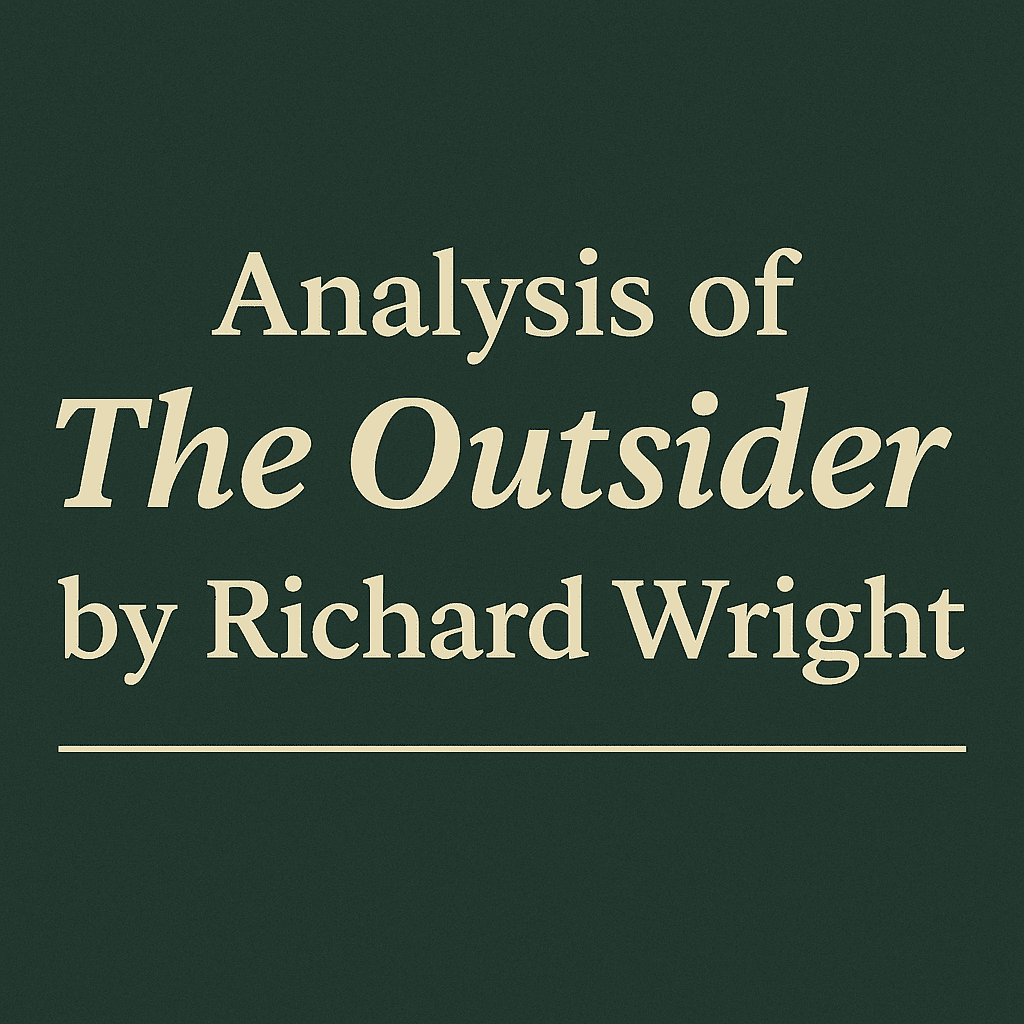
Themes in The Outsider
The themes in The Outsider include identity search, dread, failure of ideologies, necessity of community and love, illusory freedom and power, and the outsider as a tragic hero.
Theme of Identity Search
At the core of The Outsider is Cross Damon’s struggle to create a meaningful identity in a world devoid of traditional religious or moral anchors.
Raised in a Christian home, Cross rejects the idea of divine purpose or judgment. He believes that without a transcendent God, values are no longer universal but must be created individually. This existential view shapes his attempt to become a “free man,” one who is not bound by inherited beliefs or societal expectations.
Yet, as Cross tries to live by his own rules free from history, religion, and social myth, he finds that complete isolation from others leads not to freedom but to despair.
His journey demonstrates how the rejection of all external values can paradoxically lead to a loss of self, rather than the discovery of one.
Theme of Dread and the Human Condition
Book One is titled “Dread,” and it’s a central philosophical concept drawn from existentialism, especially the writings of Søren Kierkegaard. Dread is the fear and attraction humans feel toward freedom and the unknown.
For Cross Damon, dread originates from his oppressive upbringing, and it propels much of his behavior.
Cross recognises that dread leads him to make promises he cannot keep and to hurt those who care for him.
It also shapes his understanding that humans suffer from guilt even when there’s no religious or moral basis for it because society has trained them to.
Cross’s dread is a symptom of a larger human condition in the modern world, one marked by alienation, fear, and confusion.
Theme of Ideological Failure
Wright uses The Outsider as a “novel of ideas” to critique two major philosophical systems of his time: Marxism and existentialism.
Marxism, as represented by the Communist Party characters like Bob Hunter, Gil Blount, and Jack Hilton, is shown as hypocritical and power-hungry. Although the Party claims to fight for freedom and justice, its members use violence and manipulation to maintain control. Cross ultimately sees that they are not seeking liberation but enslavement through a new ideology.
Existentialism, on the other hand, offers the idea of individual freedom and self-creation. Cross tries to live as an existentialist hero, creating meaning through his own choices. However, Wright’s novel shows the limits of existentialism when practiced in isolation. Without connection to others, Cross’s self-creation becomes monstrous—leading him to murder and betrayal.
Through Cross’s experience, Wright suggests that ideologies that deny human connectedness, community, and ethical responsibility are bound to fail.
The Necessity of Community and Love
Despite his philosophical insights, Cross is incapable of love, trust, and sustained connection: the very elements that give life meaning. His relationship with Eva Blount briefly shows a glimmer of emotional truth, but he ruins it by insisting on revealing his dark, existential “truth” to her, which ultimately causes her death.
Other characters, like Ely Houston, offer a more balanced view. Houston is also an outsider—a physically deformed, ethical district attorney who stands outside society philosophically. However, he chooses to work within the legal system, believing that human sanity and survival require community and shared values.
By the end, Cross realises the same truth but too late. His death, full of horror and a faint hope, suggests that while man may not be judged by a divine being, he is judged by his relationships with others. This makes community desirable and necessary for meaningful existence.
Theme of Illusory Freedom and Power
Cross Damon’s desire to be godlike leads him to exercise deadly power, especially over the Communist leaders who seek to use him.
His murders are framed as both symbolic and literal attempts to kill the ideologies he sees as false.
However, Wright reveals the irony: in fighting authoritarianism, Cross becomes authoritarian. In rejecting oppressive power, he creates his own oppressive presence.
This circular trap reflects a chilling theme: those who seek total freedom often become the very tyrants they claim to resist.
The Outsider as a Tragic Hero
Cross’s name is symbolic. “Cross” evokes Christ and martyrdom, while “Damon” echoes the demonic. He is a tormented, divided soul. He wants to be free and good, but he is consumed by dread, guilt, and violent urges.
Like Wright’s earlier character, Bigger Thomas (Native Son), Cross is a modern, tragic figure: intelligent, sensitive, but destroyed by inner and outer forces he cannot fully control.
In the end, Cross dies both more human and more alienated than ever. His final realization that humanity is a promise not to be broken offers a flicker of redemption, even though his life has been one long betrayal of that promise.
Receive Literary Updates through our Social Media Channels:
- WhatsApp: Literature PADI
- Telegram: Literature PADI
- YouTube: @literaturepadi
- Facebook: Literature PADI


